Resource Type: Public Service Announcement
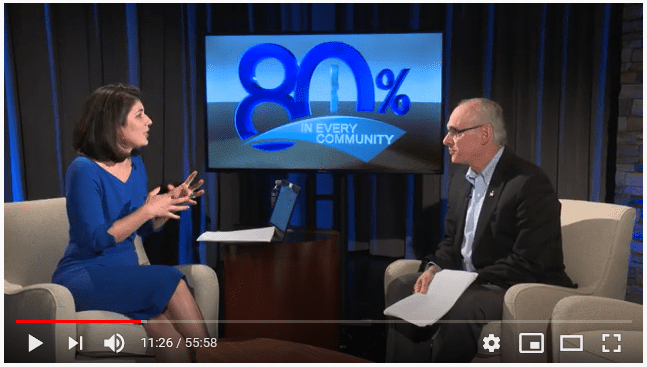
March 2020 Colorectal Cancer Awareness Month Broadcast
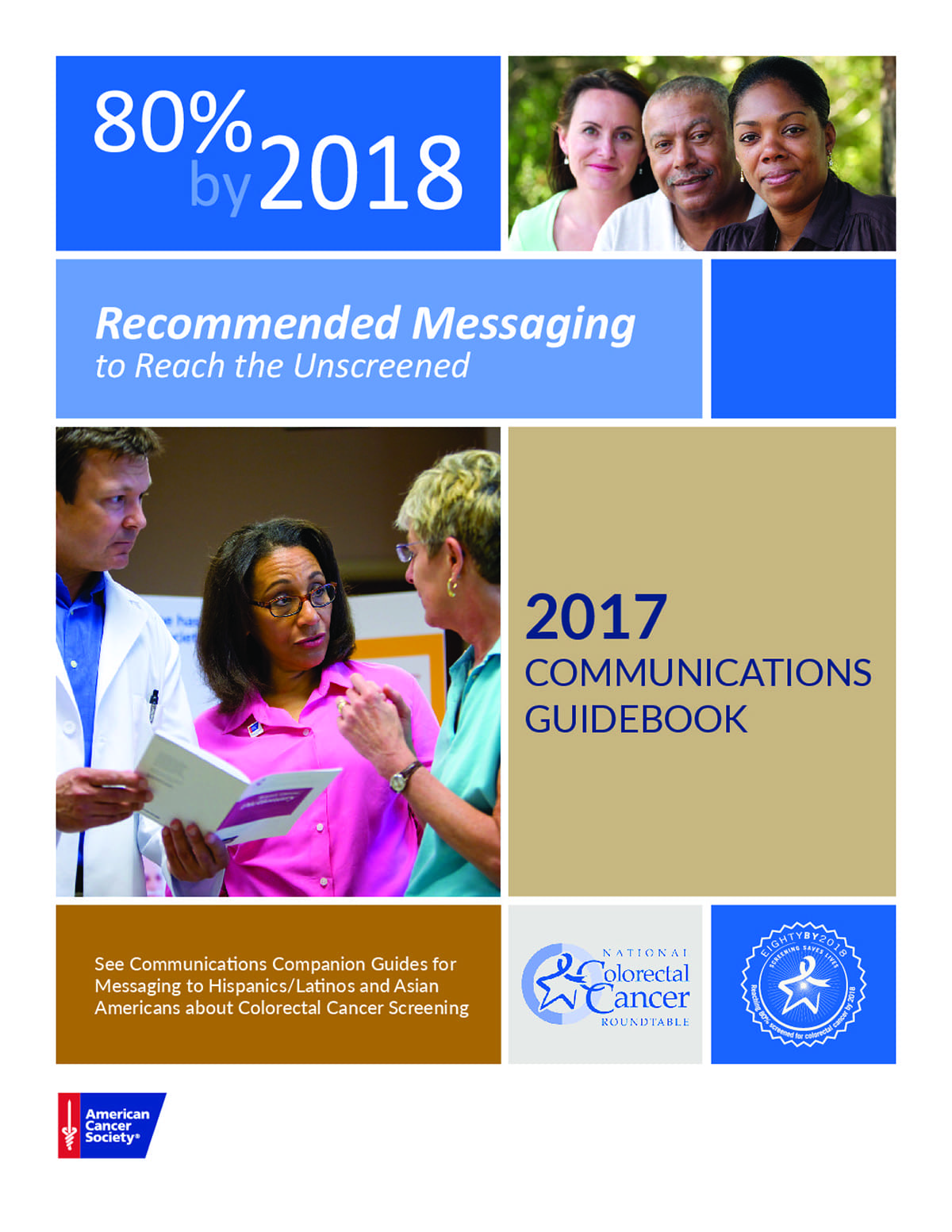
2017 80% by 2018 Communications Guidebook: Recommended messaging to reach the unscreened
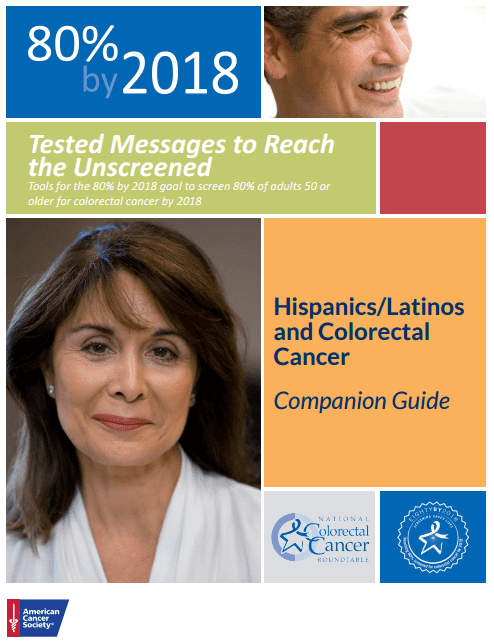
Hispanics/Latinos and Colorectal Cancer Companion Guide
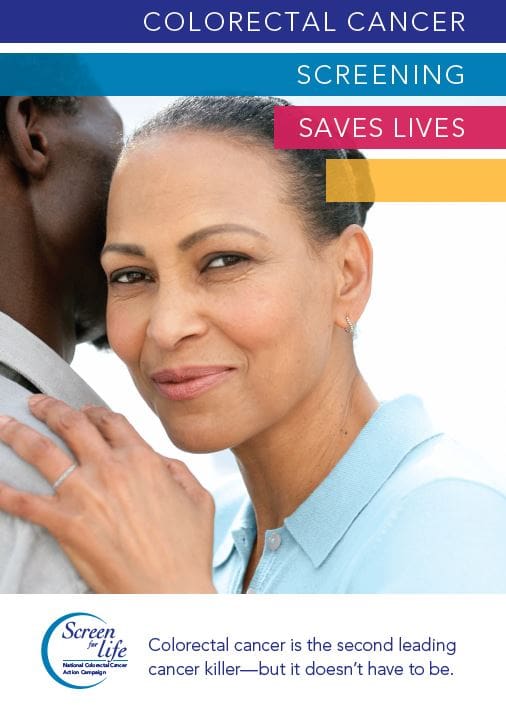
Screen for Life: National Colorectal Cancer Action Campaign
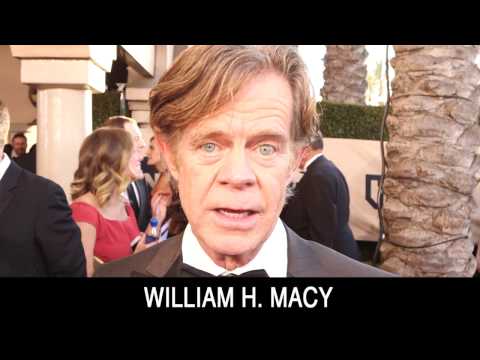
Partner Videos & PSAs
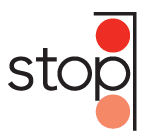
Screen to Prevent (STOP) Colon Cancer
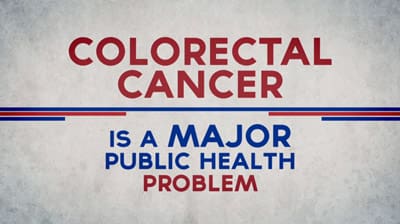
80% by 2018 Sizzle Reel (40 seconds)
